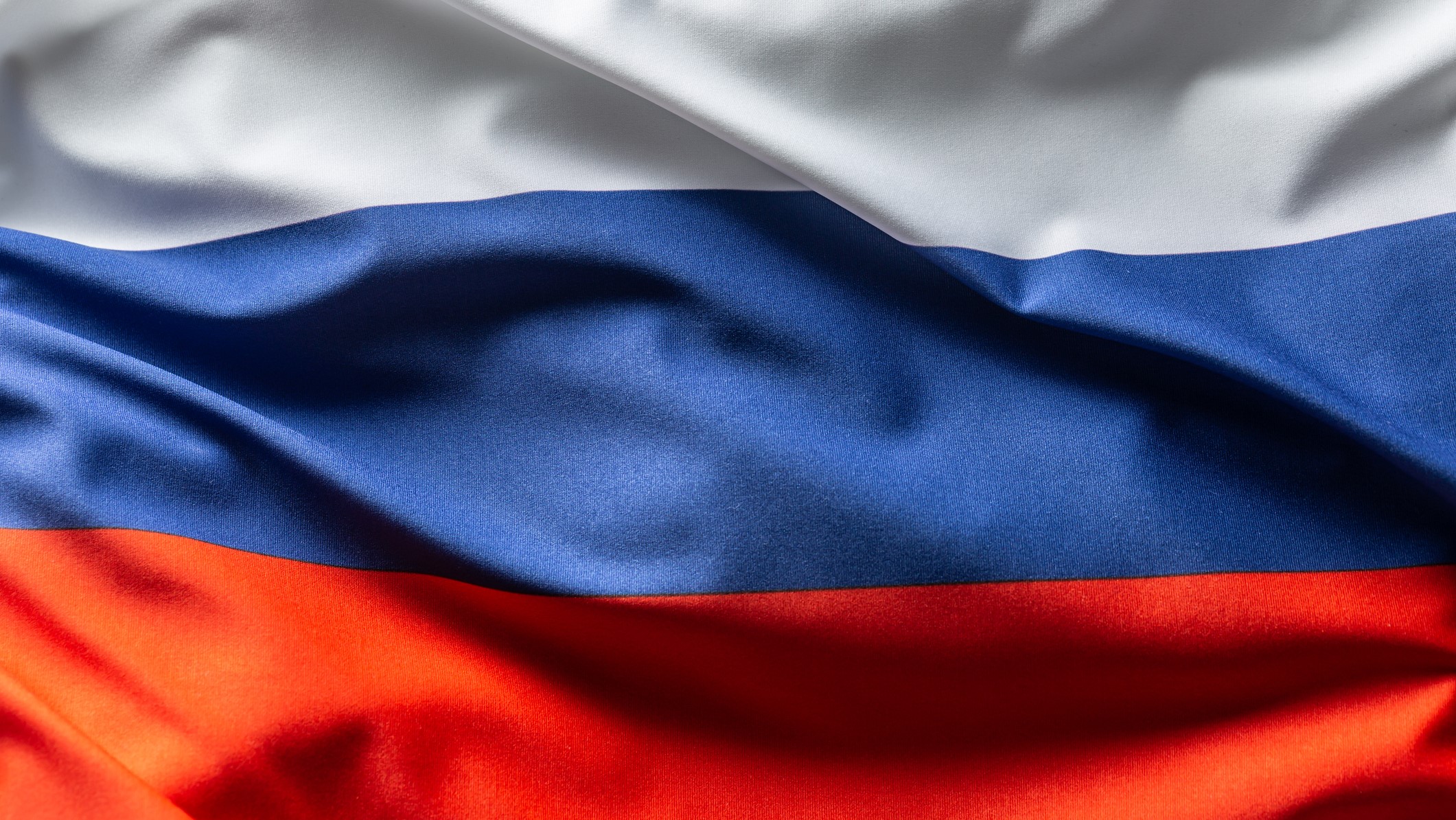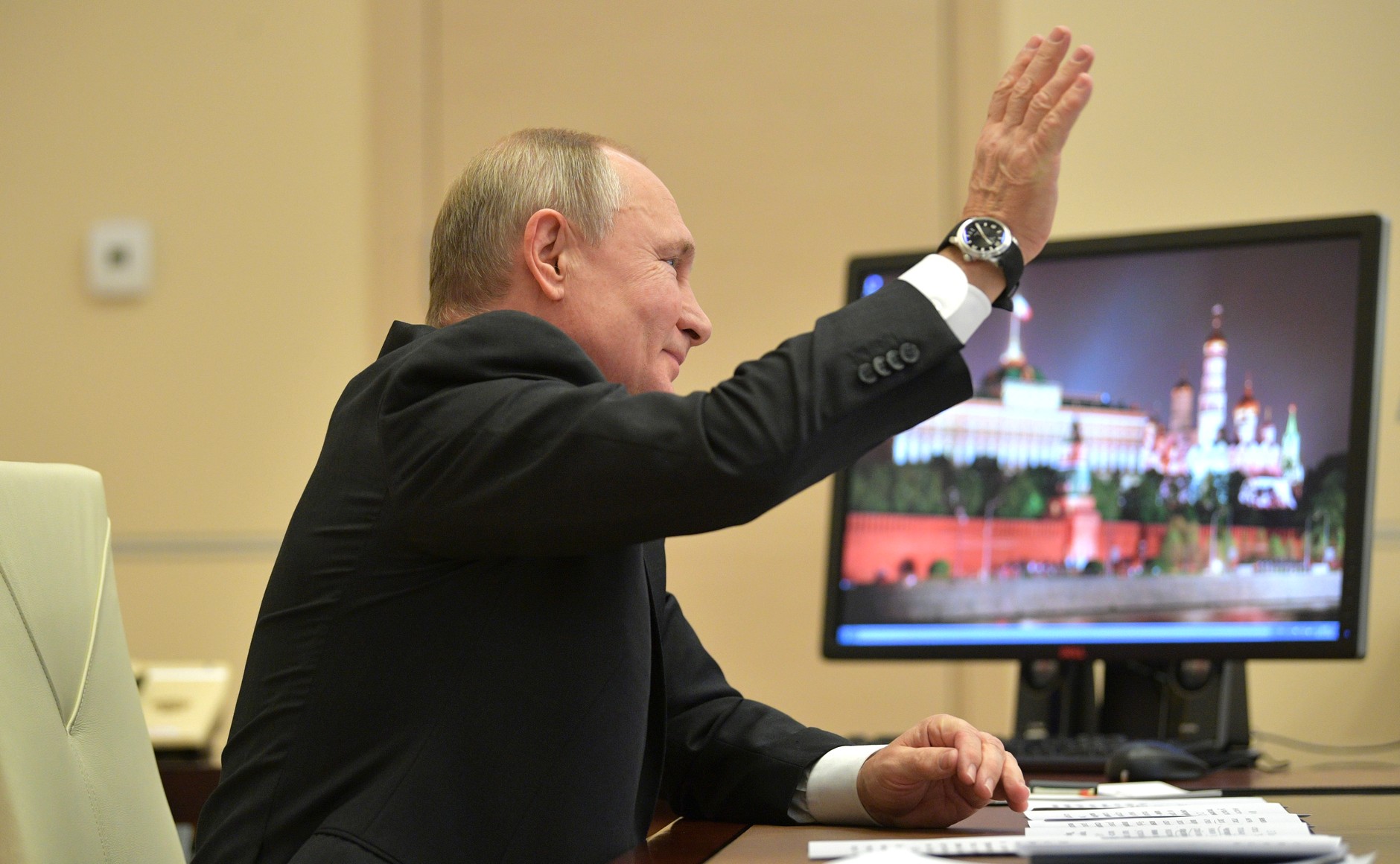
Russia's ongoing invasion of Ukraine has resulted in an exodus of foreign industries from the country, as Western nations unite in applying sanctions on the Putin regime. The games industry is one of the more prominent, with almost every major player now having withdrawn from Russia and closed any regional offices there. What's an ordinary Russian to do when they can't get their gaming fix? Pirate it, comrade.
This is an area where accurate figures are close to impossible, but it's fair to say that Russia more generally has a reputation for software piracy, one established long before the current war in Ukraine. A new study by the Russian game development collective and college School XYZ suggests that it's getting worse as companies withdraw from the market, with seven out of ten respondents admitting they'd pirated at least one game in 2022 (thanks, torrentfreak). 51% said they'd pirated more games in the last year than in the year beforehand.
This is first of all one study, and self-selecting inasmuch as it was conducted online and the respondents will mostly have had an existing interest in games. It took place in June 2023 and the sample size is 1,500 people across all regions of Russia. A pirated game is broadly defined but, per XYZ School COO Emma Yusova, the majority are downloaded from torrent trackers.
Perhaps more importantly, it takes place following an unprecedented withdrawal of Western firms from Russia and, within a very short timeframe, most existing marketplaces no longer selling in the region. Some content libraries allow Russians to access content purchased before 2022, though not all, but Russian gamers now have few routes to buy new games legitimately. This is incidentally not limited to videogames: books, movies, music, all new media releases are now hard to obtain through proper channels.
As well as the 69% of respondents admitting to playing at least one pirated game in 2022, 27% said they'd pirated three or more games, with 20% saying the figure was ten or more titles. Of the 31% of Russians who said they hadn't pirated anything, almost all cited a personal objection to the act, while 7% said they hadn't bought a new game in 2022 at all.
Taking these figures at face value, they clearly align with a classic argument about piracy, which has been summed up by no less than Gabe Newell as a "distribution problem." That is, when people cannot access content easily and legitimately, piracy becomes an attractive solution.
Steam itself is a great example here, because the platform still operates in Russia, but no longer accepts Russian bank cards or allows Russian users to make purchases. There are ways around this, but of course they are inconvenient and can involve buying gift cards or vouchers, while piracy… well, if you know where to go, it's less hassle.
"Players are used to buying games on Steam in one click, and now, to buy a game, you need to perform the same actions as when downloading a pirated version, so everyone chooses to save money," said Yegor Tomsky, CEO at the Moscow-based Watt Studio.

The study includes estimates of how much money Western publishers may be losing due to piracy, though it's hard to take these seriously given the wider economic context of Russia at the moment, with ordinary Russians facing increasingly desperate times. Videogames are after all a luxury, and not necessarily where anyone in Russia would be putting any spare income at the moment.
As for the Russian government, it remains in lala land about replacing Western companies with red equivalents. There's been an abortive attempt to launch a government-funded competitor to Unreal Engine and the trumpeted opening of a state cybersports school, as well as more subterranean initiatives such as an attempt to spread Kremlin-backed propaganda through various popular online titles, including the likes of Minecraft (though it's hardly alone in that).
At a recent meeting in the Kremlin, called 'Russia–a Land of Opportunities', President Vladimir Putin met various industry representatives and made clear that he attributes real importance to the industry. Here he is responding to a speech by developer Anna Kozlova, a winner in a recent state-backed competition for developers. The Kremlin's transcript of his remarks has been machine translated and lightly edited:
"I completely agree with you: videogames, what you do, is not a plaything," said Putin. "Firstly, this is a colossal business, we know it, multi-billion dollar. But the most important thing, the absolute most important thing, is not money. It is that as you correctly noted [games] should be at the intersection of art and education. Games should help a person develop, help find himself, should help educate a person both within the framework of universal human values and within the framework of patriotism, and broadly from a humanitarian point of view."
Putin even had the time for some blunt self-reflection on Russia's efforts thus far, which have been grouped under an initiative called Games of the Future:
"As for the Games of the Future, one of the authors of this idea is present here," said Putin. "That is, this idea has been floating around for a long time, but it hasn’t worked out everywhere, even, one might say, it hasn’t worked out anywhere yet. But I think that under the [new] leadership we will succeed."







